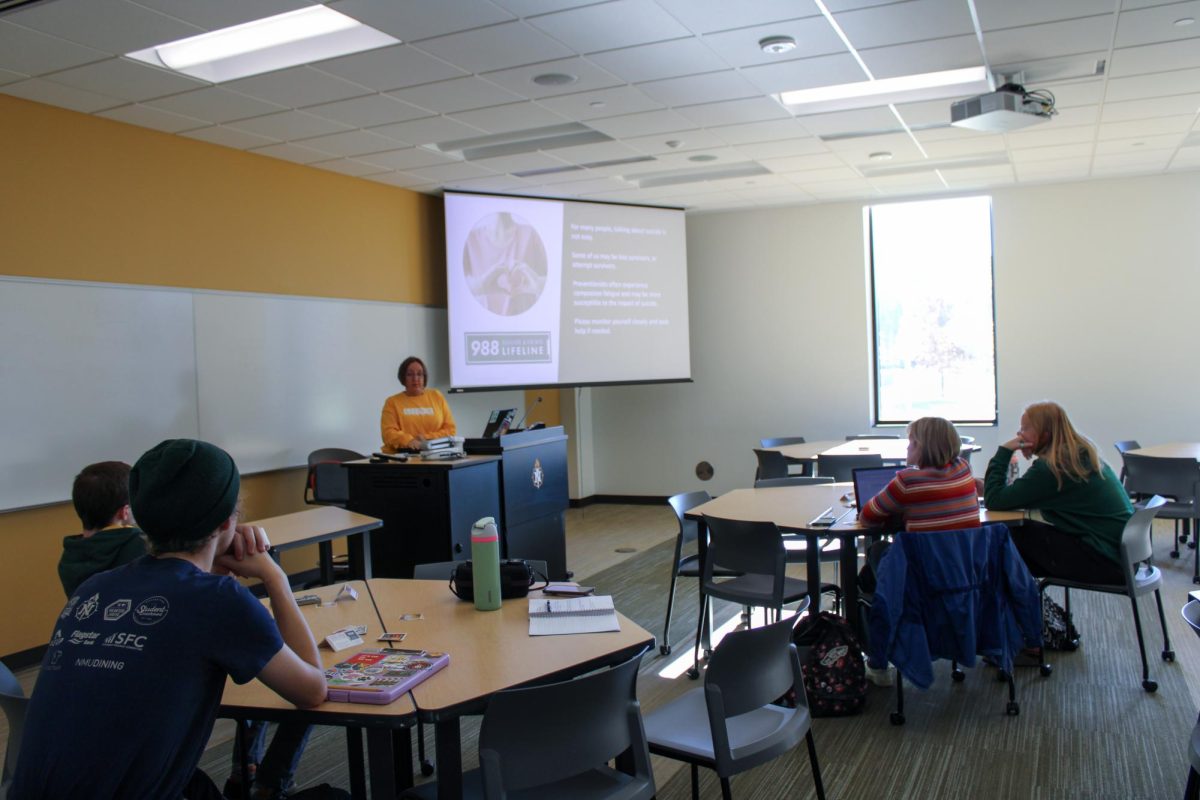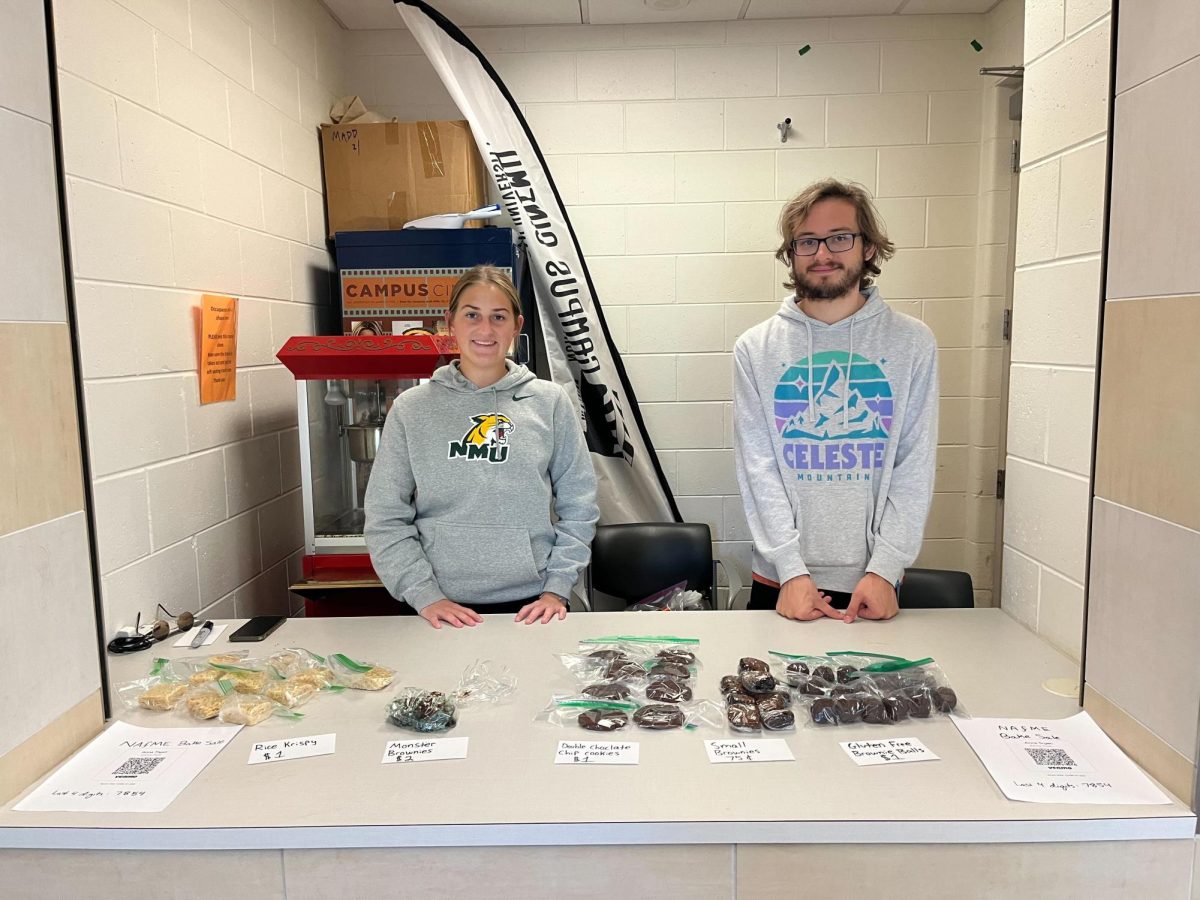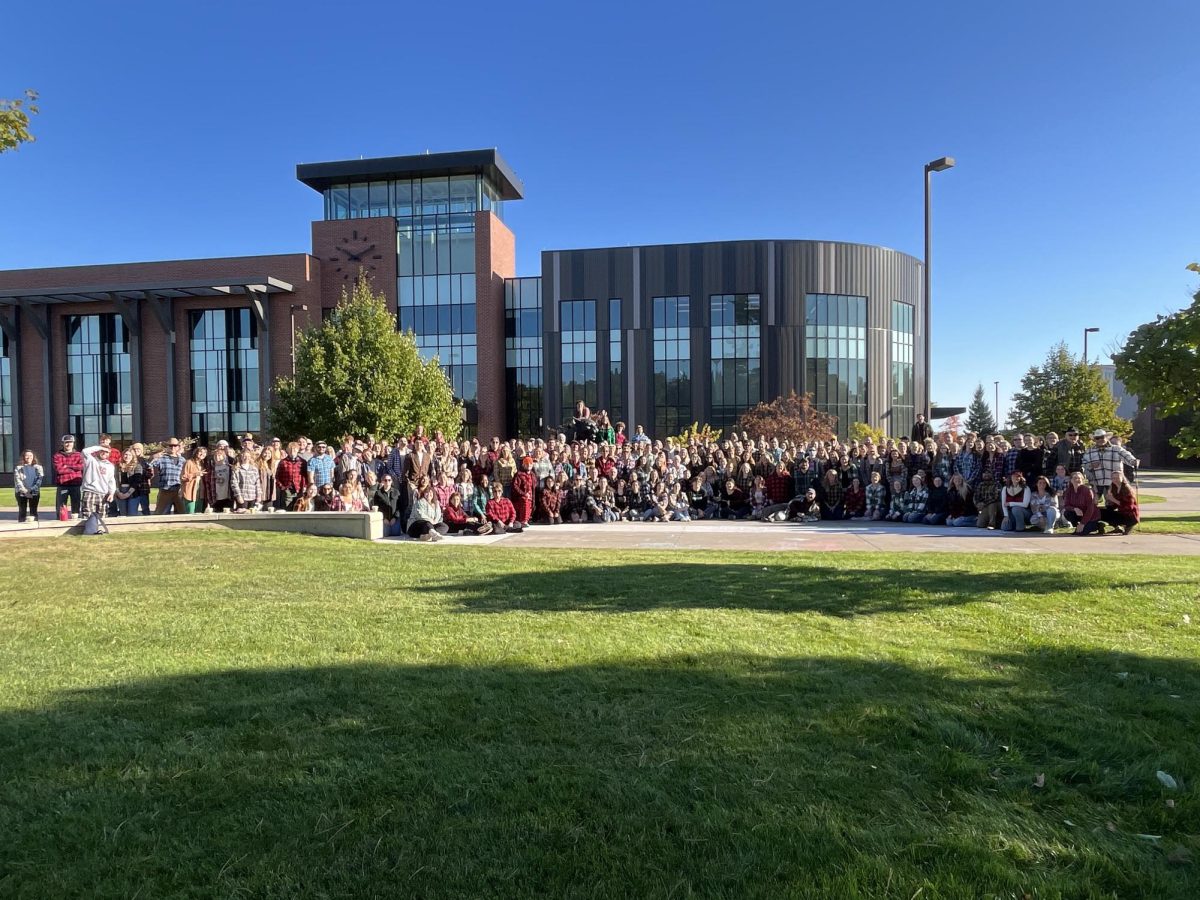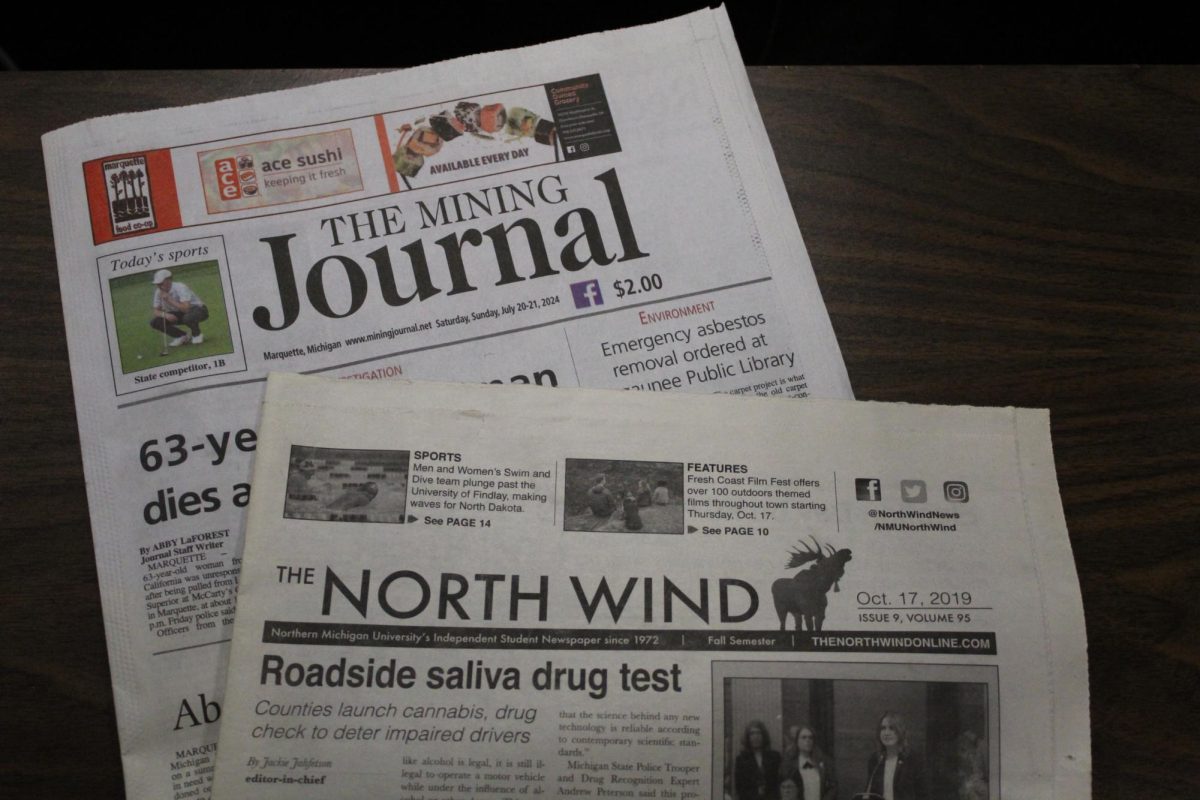Congress is working on financial regulation legislation that is the most ambitious of its kind since Franklin Roosevelt’s New Deal. One sticking point for many sides in this bill though is how to deal with financial derivatives. Some, like Senator Russ Feingold (D-WI), don’t think current legislation goes far enough to provide oversight and transparency of derivatives whereas Congressman Barney Frank (D-MA) thinks banning privately traded derivatives is an unnecessary measure.
What is a financial derivative? They are financial instruments which allow investors to make speculative bets on anything from simple futures contracts to how the weather will affect a certain type of crop.
There is $700 trillion worth of financial derivatives. The total GDP of the entire world is only about $70 trillion. How can these risky financial instruments be worth more than the world’s wealth ten times over?
Without stronger measures, such as ones being pushed by Sen. Blanche Lincoln (D-AK) that bans private derivative transactions, our country will experience another financial crisis.
Derivatives get their name because their value is “derived” from something else, usually a deal about an asset. Collateralized Debt Obligations (CDO) were a type of exotic financial derivative, which were essentially side bets by investors on bundled mortgage securities. One side bet their values would go up and the other side bet their values would fall.
Investing guru Warren Buffet has called derivatives “financial weapons of mass destruction, carrying dangers that … are potentially lethal.”
These financial instruments need to be regulated by the federal government so that financial institutions aren’t engaging in illegal or unethical practices. Lawsuits have been filed against Goldman Sachs Group for allegedly defrauding people by the Securities and Exchange Commission. With regulation, these things may never have happened.
It’s also hard to believe big banks who claim that new financial regulations will hurt their “competitive edge” when citizens take a look at Citigroup’s March 5, 2006 memo. They describe the United States as a “plutonomy”. Plutonomy is defined as economic growth that is powered and consumed by the wealthiest of a society. The memo goes on to say “We think the rich are likely to get even wealthier in the coming years.”
As Citigroup’s memo and Goldman Sachs behavior exhibit, the biggest banks in the United States only care about their profits. In fact, in the Michigan Supreme Court case, Ford v. Dodge, the majority opinion stated that a corporation’s primary duty is to make their shareholders a profit.
A simple Wall Street speculation tax of .1 percent would bring in revenues of $700 billion. This would cut down high artificial prices caused by speculation on Wall Street, as they did when gas prices went above $4 per gallon. Along with some reduction in speculation, there would also be this added revenue that could fund the next bailout these companies might need because they take on more risk than they can handle. Any remaining revenue could be used on other needs like our country’s deteriorating infrastructure that needs $1 trillion to just keep up basic repairs and necessities.
Without these banking reforms on financial derivatives, we are going to have another financial collapse that will hurt ordinary Americans who can’t stop Wall Street from engaging in these risky side bets.























